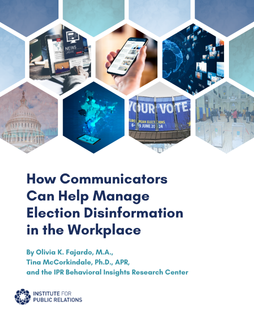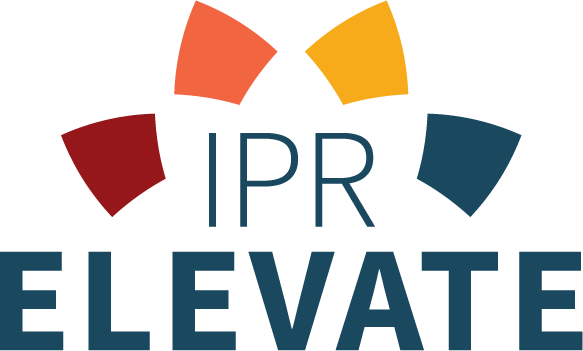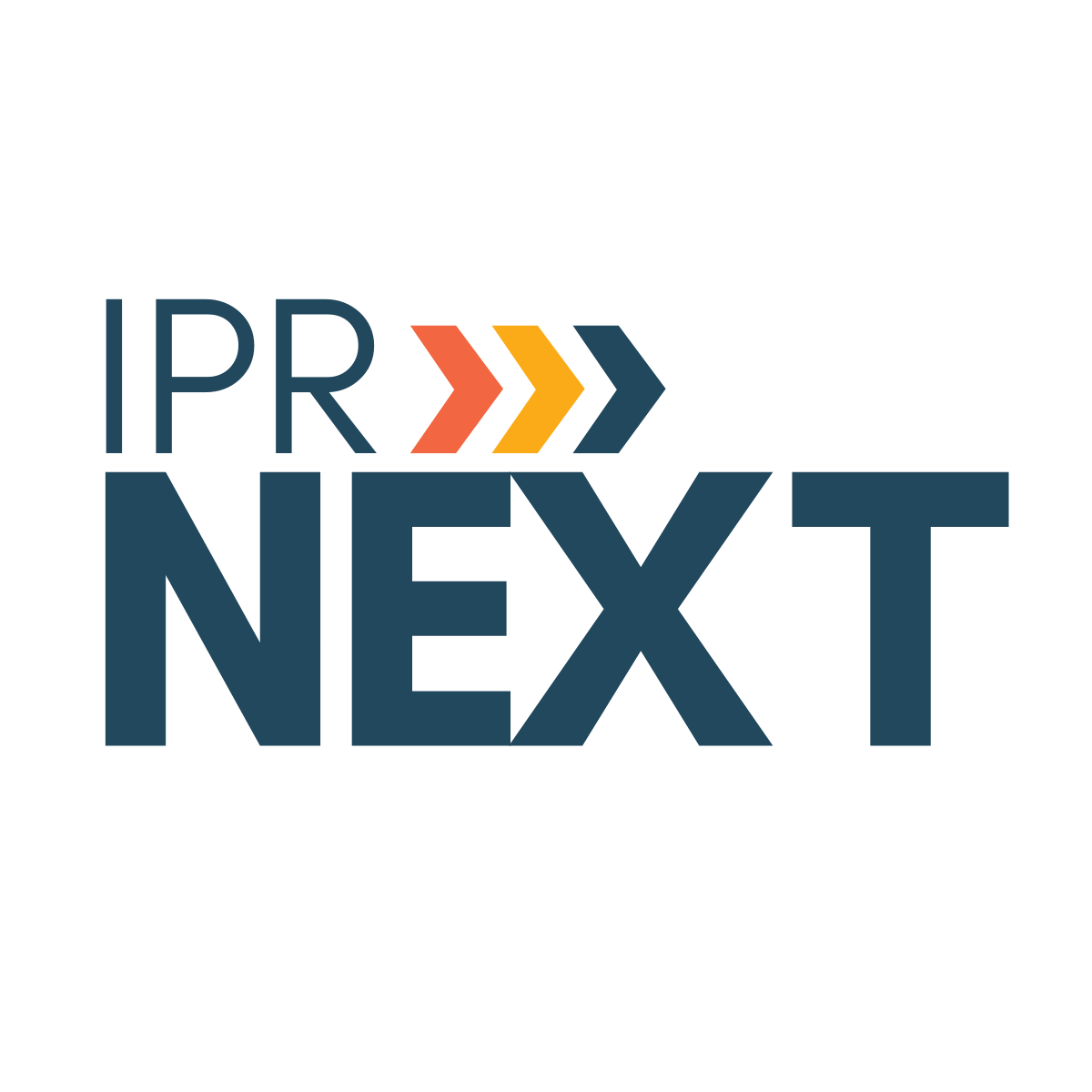Download acceptance speech: Alexander Hamilton Medal for Lifetime Achievement in Public Relations Patrick Ford Acceptance-Remarks
Patrick Ford, Burson-Marsteller’s worldwide vice chair and chief client officer, received the 2016 Alexander Hamilton Medal, awarded for lifetime contribution to the public relations profession at IPR’s 55th Distinguished Lecture and Awards Dinner at the Roosevelt Hotel on November 30th.
Ford became Burson-Marsteller’s worldwide vice chair and chief client officer in 2012, following six years of driving extraordinary growth in North America as Burson’s regional president and CEO. He also served as chair of the firm’s Asia-Pacific region for nearly three years (2012-2015).
“Pat Ford is a true champion of the profession,” said Oscar Suris, IPR Chair and EVP of Corporate Communications, Wells Fargo & Company. “For more than 25 years, he has advocated the use of research to strengthen our profession. Throughout his career, he has mentored and helped many others grow, making a true impact on the field.”
The Alexander Hamilton Medal is given in recognition of the carefully planned strategies Hamilton used to gain the acceptance and the adoption of the U.S. Constitution. Each year the Institute for Public Relations presents its highest award to someone who has made major contributions to the practice of public relations, including effective use of research.
“Pat Ford is the consummate public relations professional,” said Donald A. Baer, Worldwide Chair and CEO, Burson-Marsteller. “His commitment to delivering extraordinary results for clients is only exceeded by his dedication to building the next generation of talent, both within Burson-Marsteller and across the industry. His generosity to our profession is unmatched, and I am proud to call Pat a colleague and a friend. We are so pleased that he has been honored with this very distinguished award.”
In his acceptance speech, Ford looks toward the future of public relations and how he and other leaders can stay committed to diversity and inclusion within the profession.
Excerpt Below:
In accepting this award, therefore, I will politely decline any praise for what I might have done in the past. Instead, with the validation from my peers that this medal represents, I will focus instead on my pledge for the future.
First, I promise to work with all of you, and with IPR, and with the Arthur Page Society, and with the PR Council, and with the Plank Center for PR Leadership, and with the Museum of Public Relations, with The LAGRANT Foundation, and with the PRSA and PRSSA – in short, with all the organizations and resources available to PR professionals – to drive greater understanding and adherence to the values that we have always embraced as a profession. They are expressed well in the Page Principles, especially the first three of those:
- Tell the truth
- Prove it with action
- Listen to stakeholders.
Second, I promise to “pay it forward.” As the PR profession continues to grow, and encompasses more and more professionals from other disciplines, we need to train the next generation, and also to understand their special needs and respect their diverse perspectives.
This means suspending our own personal agenda and defining our success on more than our own personal achievements – to embrace the example set so well by the likes of Harold Burson and Betsy Plank to dedicate ourselves even more fully to mentoring young professionals in the tangible and intangible aspects of public relations.
And my third and most important pledge relates to something on which I have spent an enormous amount of time and commitment in recent years: diversity and inclusion in the PR profession. I believe we have made genuine progress in the past few years in generating real change in mindset at the top levels in our field. I could see this in the entries for the PR Council’s Diversity Distinction in PR Awards, for which I served this year on the judging panel. But we have not done enough and it is not moving fast enough.
Saying we are committed to diversity and inclusion is just a platitude if we don’t combine it with a bias for action. I am passionate about this, as I know many of you are. Now, to quote those second and third Page Principles: we need to prove it with action and listen to our stakeholders, because the answers are there. To paraphrase the Hamilton musical, “history has its eyes on us.”
For my part, I will not consider my career successful unless we can all look back in 10 years and say we made this happen.
But just you wait. Just you wait!



